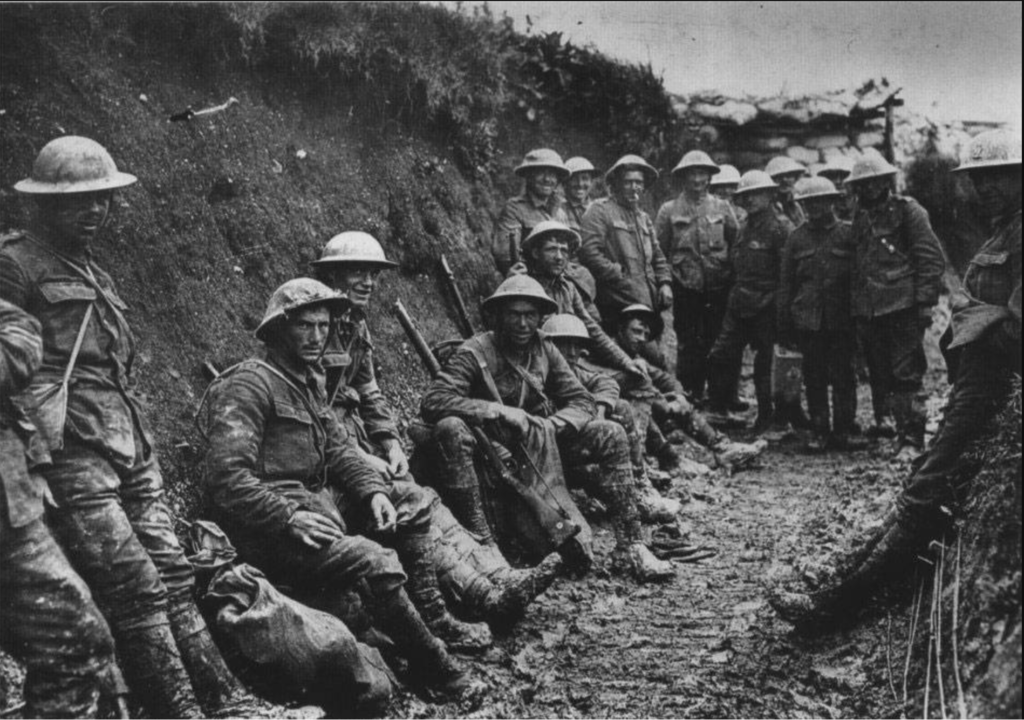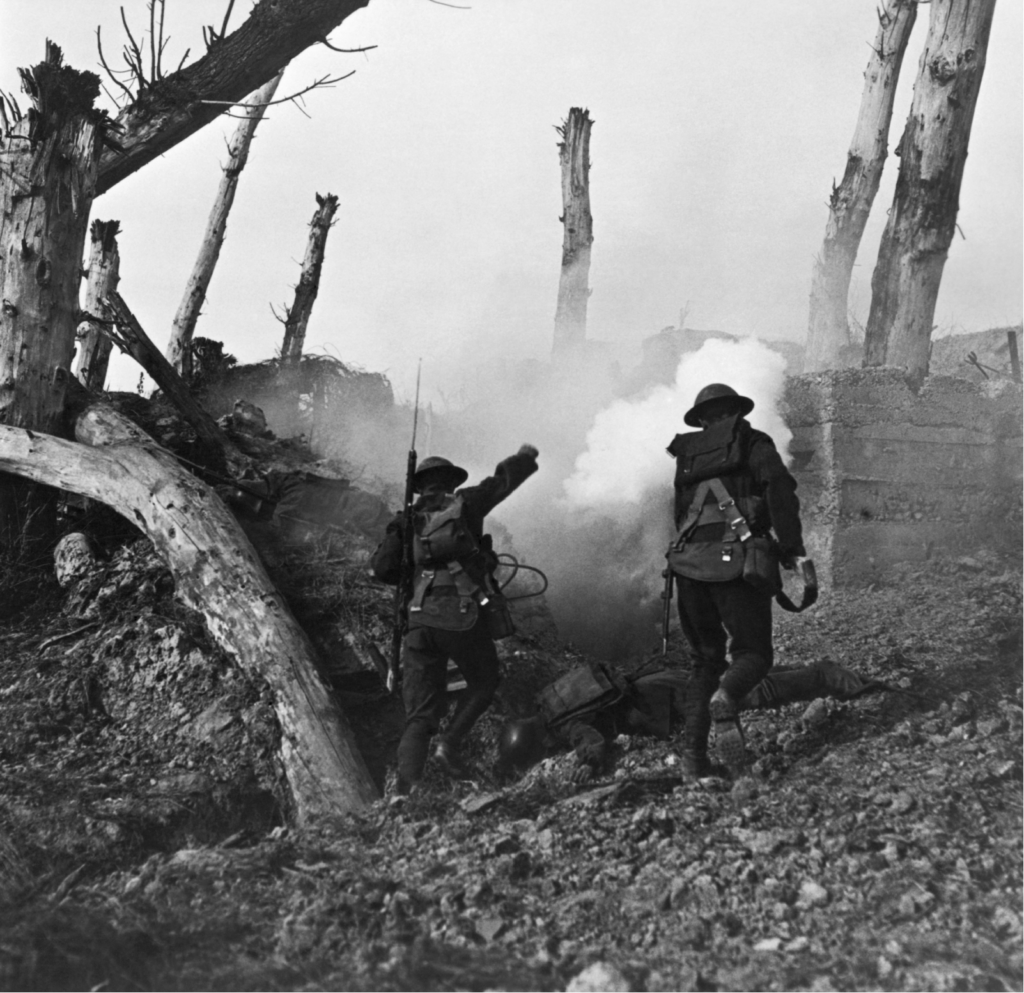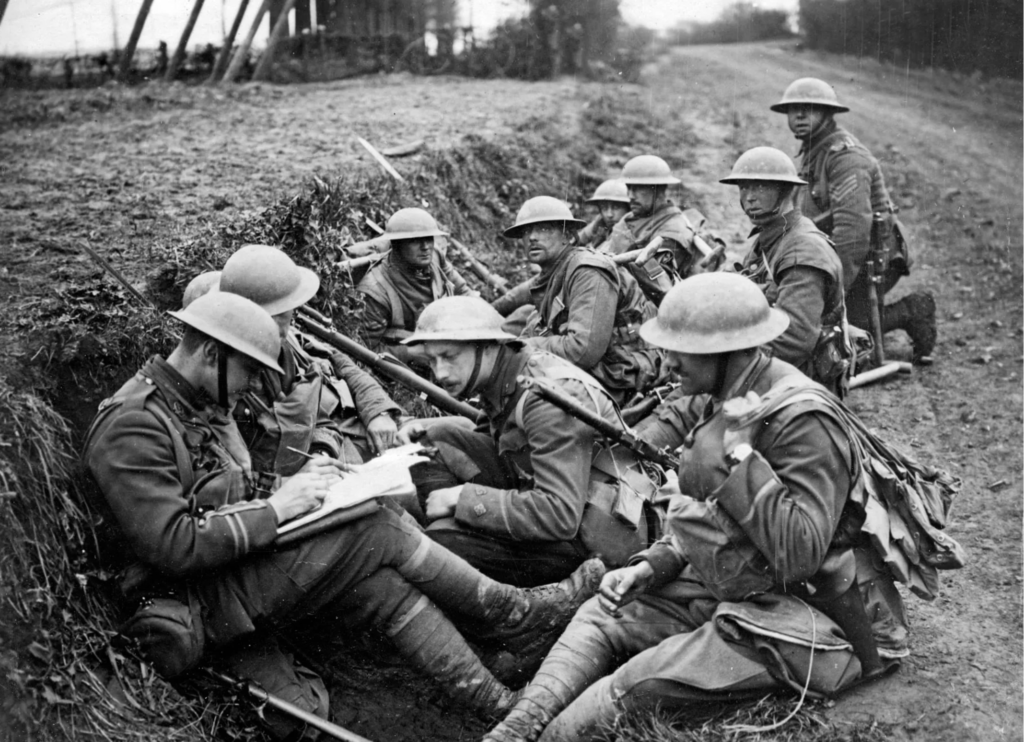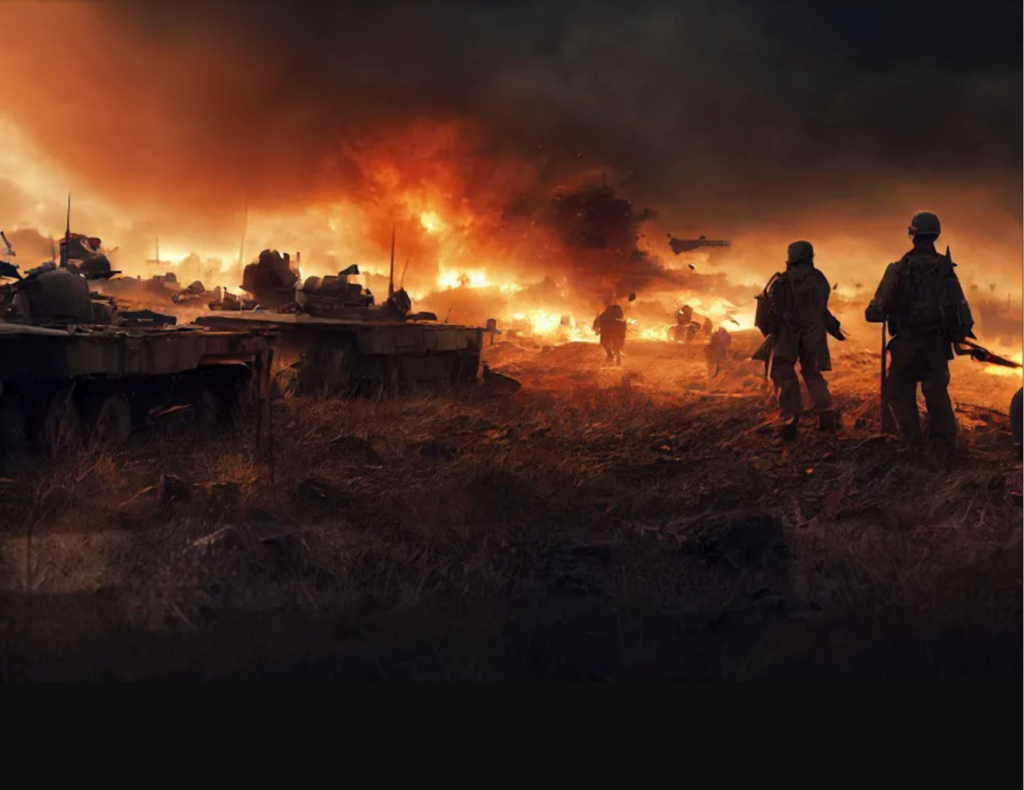World War I, often referred to as the Great War, was one of the most significant and devastating conflicts in human history. Lasting from 1914 to 1918, it engulfed much of the world and left an indelible mark on the 20th century. In this article, we will delve into the history of World War I, its causes, key events, and its enduring impact on the world.
Causes of World War I
The origins of World War I are complex, rooted in a web of political, economic, and social factors:

- Nationalism: Intense national pride and competition among European powers fueled tensions and rivalries.
- Imperialism: The scramble for overseas colonies and resources led to conflicts between major powers.
- Alliance Systems: Intricate alliances, such as the Triple Entente (France, Russia, and the United Kingdom) and the Triple Alliance (Germany, Austria-Hungary, and Italy), drew countries into the war.
- Assassination of Archduke Franz Ferdinand: The assassination of Archduke Franz Ferdinand of Austria-Hungary in Sarajevo in 1914 triggered a chain reaction of events that ultimately led to the outbreak of the war.
Also read : Donald j Trump’s Fundraising: The Political And Financial Influence
Key Events of World War I
The war was marked by a series of significant events, including:

- Trench Warfare: Both sides dug extensive trench systems, resulting in a protracted and brutal stalemate on the Western Front.
- New Weapons: World War I introduced new and devastating weaponry, including machine guns, poison gas, and tanks.
- Eastern Front: Fierce battles occurred on the Eastern Front, where Russia, Germany, and Austria-Hungary clashed.
- U.S. Entry: The United States entered the war in 1917, playing a crucial role in tipping the balance in favor of the Allies.
- 1918 Offensives: A series of offensives, including the Hundred Days Offensive, marked the turning point of the war.
The End of World War I
World War I came to an end with the signing of the Armistice of Compiègne on November 11, 1918. The armistice agreement effectively ended hostilities on the Western Front. The formal peace treaty, the Treaty of Versailles, was signed in 1919 and imposed significant conditions on Germany, setting the stage for future conflicts.
Consequences of World War I
The consequences of World War I were profound:

- Political Changes: The war led to the collapse of empires, including the Austro-Hungarian Empire and the Ottoman Empire. New nations emerged, and borders were redrawn.
- Economic Impact: The war had economic repercussions, contributing to the Great Depression in the 1930s.
- Human Toll: Millions of lives were lost, and the war left a legacy of trauma and suffering.
- Precursor to World War II: The terms of the Treaty of Versailles and the unresolved issues of World War I contributed to the conditions that led to the outbreak of World War II in 1939.
The Human Cost of World War I
The human cost of World War I was staggering. The conflict claimed the lives of an estimated 16 million people, including soldiers and civilians. Millions more were wounded, and many faced lasting physical and psychological scars. Families, communities, and entire nations mourned the loss of loved ones. This immense human toll left an enduring mark on the collective memory of the 20th century.
Societal Changes and Advancements
World War I triggered significant societal changes and advancements. The role of women evolved as they took on new responsibilities and entered the workforce, contributing to the women’s suffrage movement and paving the way for greater gender equality. The war also spurred technological advancements, including innovations in aviation and medicine.

The Impact on Art and Culture
The war had a profound impact on art and culture. Artists and writers, disillusioned by the horrors of the battlefield, expressed their experiences through various movements, such as Dadaism and Surrealism. Literature and poetry, including the works of Wilfred Owen and Siegfried Sassoon, vividly captured the harsh realities of war. World War I also led to advancements in medical and psychological research, enhancing our understanding of trauma and its treatment.
The Importance of Diplomacy and Peace
As we reflect on the legacy of World War I, it serves as a stark reminder of the catastrophic consequences of global conflict. The war underscores the vital importance of diplomacy, cooperation, and the pursuit of peaceful solutions to international disputes. Understanding the complexities of this conflict is crucial in shaping foreign policy and preventing future conflicts.
Conclusion
World War I was a monumental event that reshaped the world and left a profound impact on the course of history. Its causes, events, and consequences continue to shape the world we live in today. As we commemorate the centenary of the end of the war and reflect on its legacy, it serves as a poignant reminder of the importance of international diplomacy, peace, and cooperation in an increasingly interconnected world. The lessons learned from the Great War remain vital in our ongoing pursuit of a more peaceful and just world.
FAQ
1. What were the main powers involved in World War I?
The main powers included the Allies (France, Russia, the United Kingdom, and later, the United States) and the Central Powers (Germany, Austria-Hungary, and the Ottoman Empire).
2. Why is it called the Great War?
The term “Great War” was used because it was unprecedented in scale at the time, and no one could anticipate another conflict of such magnitude.
3. What role did new technology play in World War I?
New technology, such as machine guns, poison gas, and tanks, revolutionized warfare and led to high casualties.
4. How did the war affect the role of women in society?
World War I had a significant impact on the role of women in society, as many took on new responsibilities and entered the workforce in various capacities.
5. Did World War I directly cause World War II?
While World War I did not directly cause World War II, its consequences, including the Treaty of Versailles and unresolved issues, contributed to the conditions that led to the outbreak of World War II.
Also read : Insights From The Fifth Arab-Israeli Conflict




































